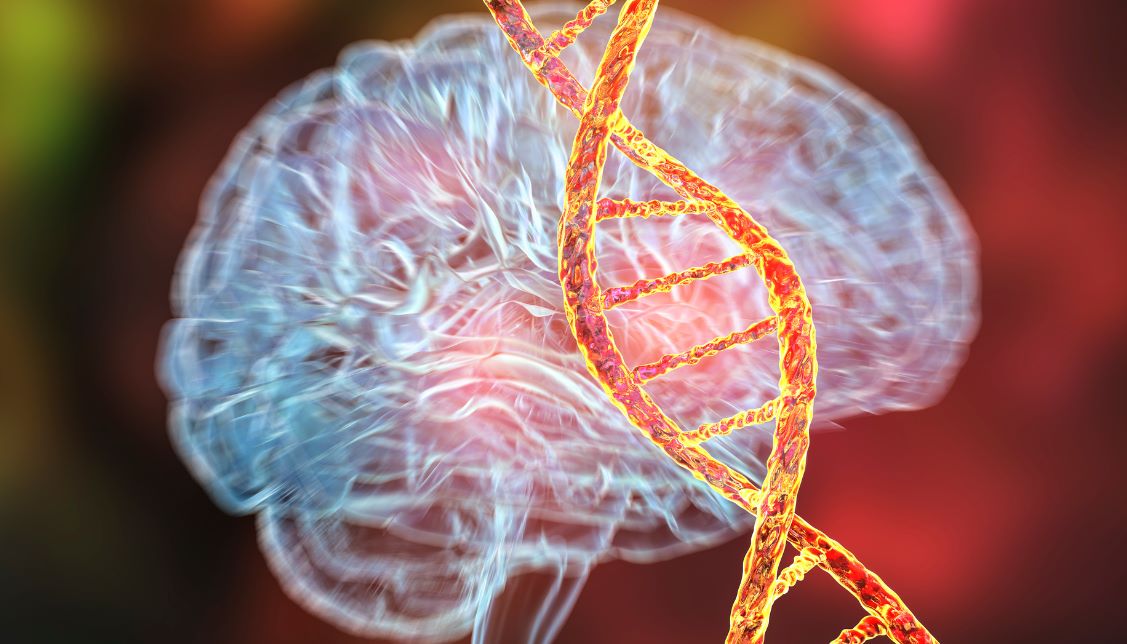 Add My Company
Add My Company

new study suggests a genetic link is involved in developing Alzheimer’s disease, with people who have two copies of the APOE4 gene being at a particularly high risk. Scientists have studied the APOE gene for more than 30 years as part of their research into Alzheimer’s disease causes.
Previous research suggested the majority of cases are caused by a complex combination of factors such as people’s environment, age and lifestyle, with “risk” genes and “faulty” genes playing a role.
The latest study was led by neurologist Dr Juan Fortea, Memory Unit director at Hospital de la Santa Creu’s Neurology Department in Barcelona. It pinpoints APOE4 as creating a “very high chance” of someone developing Alzheimer’s.
Is Alzheimer’s/dementia hereditary?
Published in early May 2024, Dr Fortea’s research has recognised the relevance of APOE4’s role in the progression of Alzheimer’s.
Previously, its significance had not been recognised, mainly because of the other health impacts of APOE4, mainly on our heart, but the study has discovered a “gene-dose” effect, as people with two copies of the risk gene will see an increased build-up of abnormal tau and beta-amyloid proteins in their brain.
While people who have one copy of the APOE4 gene also experience a build-up, those with two copies are at a much higher risk of Alzheimer’s and dementia.
Alzheimer’s disease genes
Research has shown that mutated or faulty genes that cause Alzheimer’s are relatively rare. Although more than 75 different genes that create a risk have been recognised, they have only a very small impact on whether a person is likely to develop the disease.
The latest research is important because it has found that APOE is the most important gene by far, giving research into cures something more tangible to focus on.
A person who carries a mutated gene is more likely to develop Alzheimer’s at a younger age than someone who doesn’t have the gene. This can mean recognising symptoms in their 40s and 50s, or possibly as young as their 30s.
Around 1% of cases of dementia are caused by inherited faulty genes. The main ones to date were PSEN1, PSEN2 and APP.
Only rarer types of Alzheimer’s and dementia are caused solely by genetics. There are several other risk factors of Alzheimer’s, with scientists citing our lifestyle and environment playing their part.
The abnormal build-up of proteins around and within brain cells causes the disease. As well as having a family history of Alzheimer’s, someone who has had a severe head injury could be at a higher risk, with research continuing in this field to establish the link.
Lifestyle factors such as smoking, high blood pressure, obesity, diabetes, high cholesterol and other medical conditions associated with cardiovascular disease are also believed to increase the risk of Alzheimer’s.
Is there a cure for Alzheimer’s?
Although there is no known cure for Alzheimer’s disease yet, research is ongoing. Studies such as the latest one in Spain go a long way towards helping medical professionals find a cure and devise new treatments to delay the progression of the disease.
Living a healthy lifestyle, with a balanced diet, stopping smoking, losing weight if needed, cutting down on alcohol consumption and having regular health checkups are all recommended by the NHS.
Currently, the treatment includes medication that will improve some of the symptoms temporarily, such as Acetylcholinesterase inhibitors, known as AChE. These will increase the level of acetylcholine (the substance that enables nerve cells in the brain to communicate with each other) to help prevent progression of the disease.
Other specialist drugs include donepezil, rivastigmine and galantamine to aid people with early and mid-stage Alzheimer’s. In addition, specialist beds for people with Alzheimer’s are available to help keep them safe and comfortable at night.
Researchers say although the latest study in Spain was well-conducted and large, further research is still necessary to fully understand the role of APOE4 in Alzheimer’s and how it could affect the population as whole, including a more diverse selection of patients.
For more information on How Genes Affect the Chances of Alzheimer’s Disease talk to Kinderkey Healthcare Ltd

